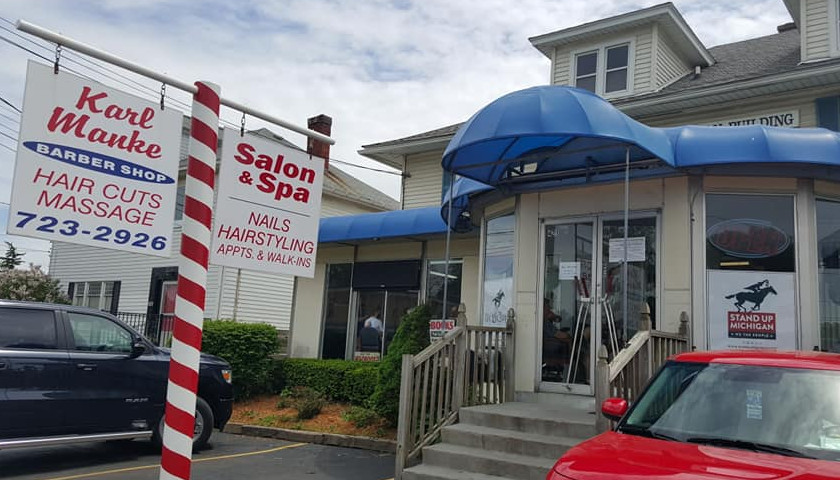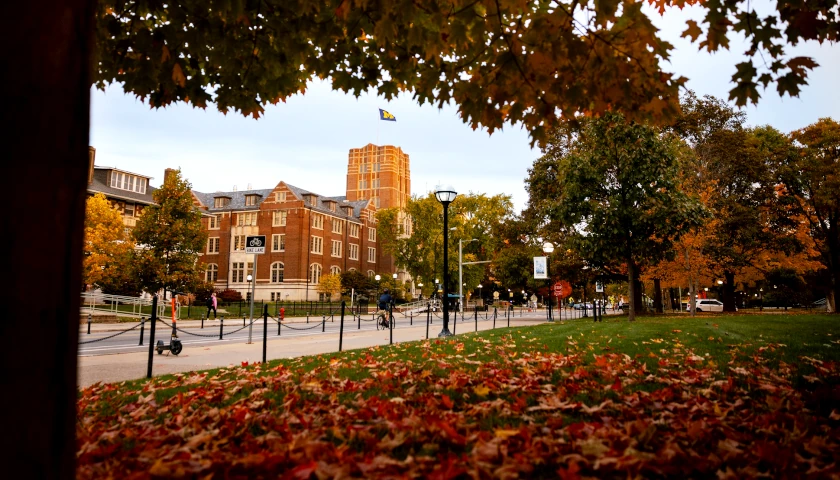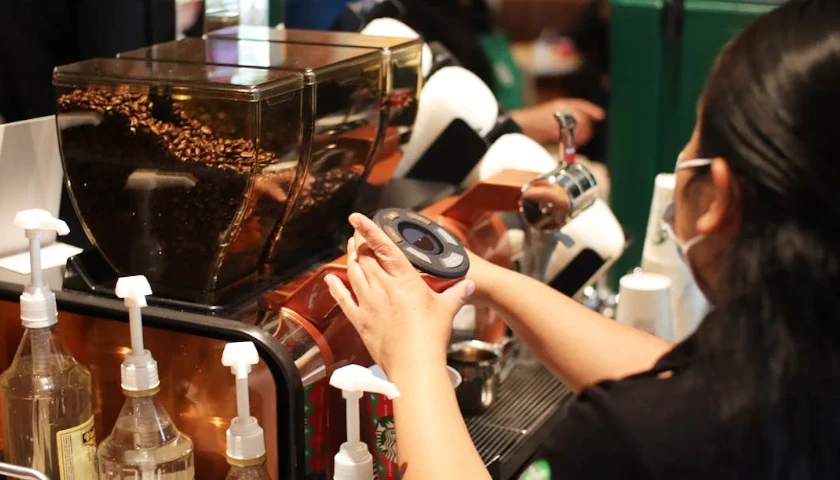by Bruce Walker
A defiant Owosso barber must shutter his business for the remainder of Gov. Gretchen Whitmer’s coronavirus lockdown.
The Michigan Court of Appeals determined by a 2-1 vote Thursday that Owosso septuagenarian Karl Manke’s business presented an “imminent danger” to public health during the coronavirus pandemic, deciding with the plaintiff, the Michigan Department of Health and Human Services.
The determination overrules a previous Circuit Court decision, which declared the state’s arguments to force the barbershop to shutter under the governor’s executive orders “presented a close call” but that the court was “not fully convinced of the need for an injunction.”
The Appeals court noted Manke had opened his business to the general public even after his license had been suspended by the state, rather than “commencing a legal challenge” to the governor’s Executive Order 2020-69. The Public Health Code “recognizes the singular danger that an epidemic presents to the public health and welfare and the need to take exceptional action to control the rapid spread of the disease,” the judgment says.
The PHC, according to the court order, authorizes the DHHS director “to issue orders to abate ‘imminent dangers’ upon a determination that an imminent danger to the health or lives of individuals exists in the state.”
The declaration of a public health emergency by the Michigan legislature, the Court majority wrote, granted DHHS authority to “’abate’ the danger as the Department’s experts see fit.”
The order continues: “This expansive power easily encompasses the closing of defendant’s barbershop. Thus, once the Governor declared a public health emergency, the Legislature determined it was up to the Department to issue orders protecting the public health.”
Two of the judges determined Manke’s attorney failed to adequately defend the claim his business was not granted equality under the law because other types of businesses were allowed to operate while his was forced to close. Additionally, the judges concluded the barber’s legal defense team did not persuade them that Manke’s business did not pose “a serious public health danger.”
The order in the DHHS’s favor was determined by Stephen L. Borrello, presiding judge, and Amy Ronayne Krause. The lone dissenter was Judge Brock A. Swartzle, who declared the order “reads more like an in-depth opinion of this Court issued by a merits panel, rather than the type of summary order normally issued by a motions panel.”
Swartzle’s dissent is based on his observation that the Court of Appeals’ majority decision did not include oral arguments, a formal submission to a merits panel, nor an opportunity for submission of briefs.
– – –
Bruce Walker is a regional editor at The Center Square. He previously worked as editor at the Mackinac Center for Public Policy’s MichiganScience magazine and The Heartland Institute’s InfoTech & Telecom News.
Photo “Karl Manke Barbershop” by Ron Fulger.





